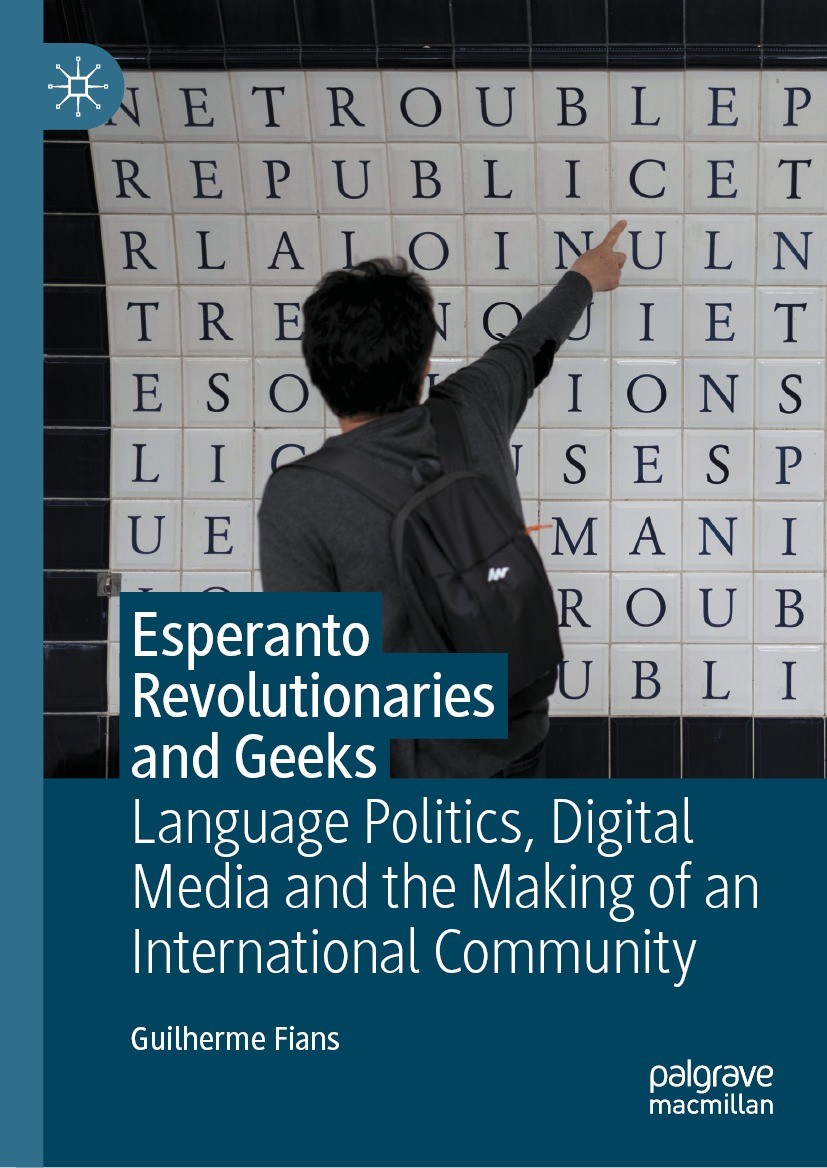| 书目名称 | Esperanto Revolutionaries and Geeks | | 副标题 | Language Politics, D | | 编辑 | Guilherme Fians | | 视频video | http://file.papertrans.cn/316/315229/315229.mp4 | | 概述 | Constitutes the first book-length ethnography of Esperanto speakers and their cross-border sense of community.Challenges ideas about how loosely-established and geographically dispersed communities ga | | 图书封面 |  | | 描述 | This book explores how Esperanto – often regarded as a future-oriented utopian project that ended up confined to the past – persists in the present. Constructed in the late nineteenth century to promote global linguistic understanding, this language was historically linked to anarchism, communism and pacifism. Yet, what political relevance does Esperanto retain in the present? What impacts have emerging communication technologies had on the dynamics of this speech community? Unpacking how Esperanto speakers are everywhere, but concentrated nowhere, the author argues that digital media have provided tools for people to (re)politicise acts of communication, produce horizontal learning spaces and, ultimately, build an international community. As Esperanto speakers question the post-political consensus about communication rights, this language becomes an ally of activism for open-source software and global social justice. This book will be of relevance to students and scholars researchingpolitical activism, language use and community-building, as well as anyone with an interest in digital media more broadly. | | 出版日期 | Book 2021 | | 关键词 | constructed languages; modern languages; planned languages; social anthropology; universal language; Espe | | 版次 | 1 | | doi | https://doi.org/10.1007/978-3-030-84230-7 | | isbn_softcover | 978-3-030-84232-1 | | isbn_ebook | 978-3-030-84230-7 | | copyright | The Editor(s) (if applicable) and The Author(s), under exclusive licence to Springer Nature Switzerl |
The information of publication is updating

|
|
 |Archiver|手机版|小黑屋|
派博传思国际
( 京公网安备110108008328)
GMT+8, 2025-12-25 01:33
|Archiver|手机版|小黑屋|
派博传思国际
( 京公网安备110108008328)
GMT+8, 2025-12-25 01:33


